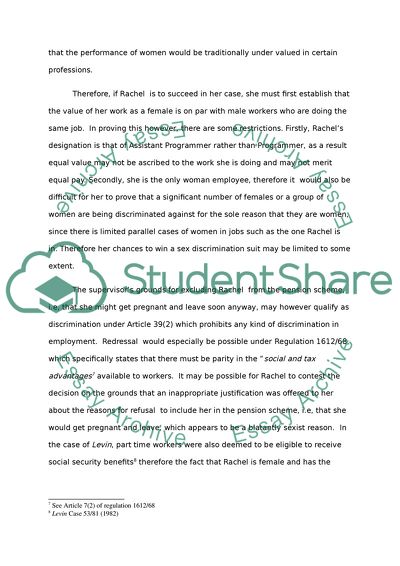Cite this document
(Equivalent Effect to Customs Duties Case Study Example | Topics and Well Written Essays - 2000 words, n.d.)
Equivalent Effect to Customs Duties Case Study Example | Topics and Well Written Essays - 2000 words. https://studentshare.org/law/1720073-eu-law-coursework-2
Equivalent Effect to Customs Duties Case Study Example | Topics and Well Written Essays - 2000 words. https://studentshare.org/law/1720073-eu-law-coursework-2
(Equivalent Effect to Customs Duties Case Study Example | Topics and Well Written Essays - 2000 Words)
Equivalent Effect to Customs Duties Case Study Example | Topics and Well Written Essays - 2000 Words. https://studentshare.org/law/1720073-eu-law-coursework-2.
Equivalent Effect to Customs Duties Case Study Example | Topics and Well Written Essays - 2000 Words. https://studentshare.org/law/1720073-eu-law-coursework-2.
“Equivalent Effect to Customs Duties Case Study Example | Topics and Well Written Essays - 2000 Words”. https://studentshare.org/law/1720073-eu-law-coursework-2.


